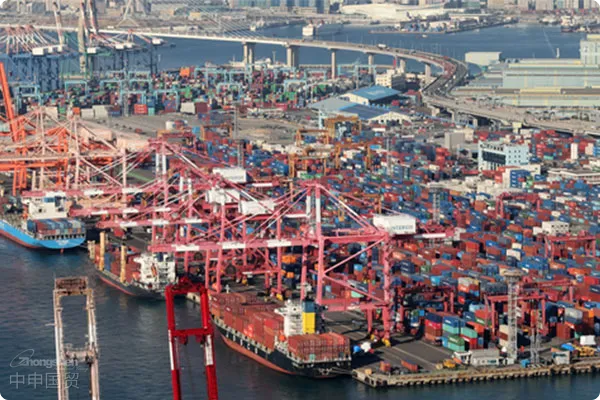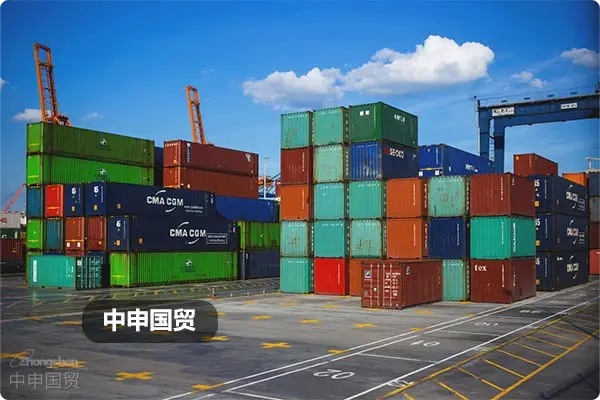- Shanghai Zhongshen International Trade Co., Ltd. - Two decades of trade agency expertise.
- Service Hotline: 139 1787 2118
Export cost accounting isforeign tradeAn important task carried out by enterprises to ensure profits and avoid losses. Accurate cost accounting helps enterprises determine appropriate quotations and provides a basis for price negotiations. The following are the main contents and steps of export cost accounting:
Direct costs:
Raw material costs: Calculate the cost of all raw materials required for producing or purchasing goods.
Labor costs: The direct labor costs required for producing goods.
Manufacturing expenses: Other expenses related to production, such as electricity, water, fuel, etc.
Indirect costs:
Administrative expenses: Including the salaries of management personnel, office expenses, etc.
Sales and marketing expenses: Such as advertising fees, exhibition fees, commissions, etc.
Research and development expenses: Expenses related to the research and development of new products or technologies.
Financial expenses: Such as loan interest, exchange rate losses, etc.
Logistics costs:
Packaging costs: Including the costs of inner and outer packaging materials and labor.
Transportation costs: Calculate according to the transaction terms and destinationMaritime Transportation,Air TransportationOr the cost of land transportation.
Insurance costs: The insurance costs of goods during transportation.
Loading and unloading fees, warehousing fees: Fees at the port or warehouse.
Taxes, fees, and customs - related expenses:
Export Drawback: Some countries provide tax rebates for exported goods.
Tariffs: Taxes that the destination country may levy on imported goods.
Other customs - related expenses: Such as inspection and quarantine fees, customs clearance fees, etc.
Other possible expenses:
Consulting fees and agency fees: Such as hiring a foreign trade consulting company or customs clearance agent.
Letter of CreditFees: Bank fees related to opening, amending, or notifying a letter of credit.
Risk reserve: Reserve funds set aside for possible bad debts, exchange rate fluctuations, etc.
Accounting process:
Clarify the accounting objective: Determine whether it is for formulating quotations, conducting internal evaluations, or for other purposes.
Collect data: Collect relevant cost data from internal and external sources.
Analyze and calculate: Calculate each cost item based on the data.
Evaluate and make decisions: Develop or adjust the export strategy based on the results of cost accounting.

Related Recommendations
? 2025. All Rights Reserved. 滬ICP備2023007705號-2  PSB Record: Shanghai No.31011502009912
PSB Record: Shanghai No.31011502009912










